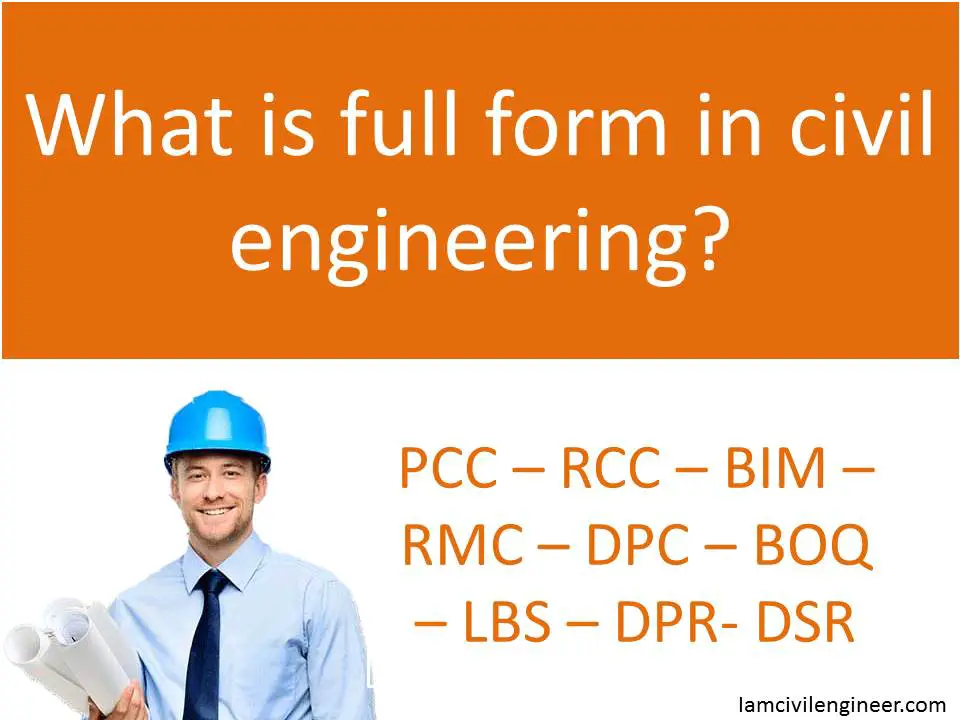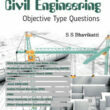Reinforced brick concrete, or RBC, is a type of composite material made by combining concrete with reinforcement in the form of rebar or wire mesh. The reinforcement helps to increase the strength and durability of the concrete, while also providing a degree of flexibility. RBC is often used in the construction of buildings, bridges, and other structures where strength and durability are key requirements.

Is Reinforced Cement Concrete (RCC) and Reinforced Brick Concrete (RBC) same or different?
Reinforced Cement Concrete (RCC) is a type of concrete in which steel bars or wires are embedded to provide extra strength. Reinforced Brick Concrete (RBC) is a type of concrete in which bricks are used instead of steel bars or wires. Both RCC and RBC are strong and durable, but RBC is more flexible and less likely to crack than RCC.
5 Benefits of using Reinforced Brick Concrete?
Reinforced brick concrete, or RBC, is a type of composite material that consists of concrete and reinforcement materials, such as steel or fiberglass. RBC is often used in the construction of buildings and other structures where strength and durability are important.
There are many benefits to using RBC in construction, including:
1. Increased Strength and Durability
RBC is much stronger and more durable than traditional concrete. This is because the reinforcement materials add strength and stability to the concrete, making it less likely to crack or break under pressure.
2. Enhanced Structural Integrity
RBC also has enhanced structural integrity. This means that it is less likely to collapse or suffer other types of damage in the event of an earthquake or other disaster.
3. Improved Aesthetics
RBC can also improve the aesthetics of a structure. The reinforcement materials can add color or pattern to the concrete, making it more attractive.
4. Reduced Maintenance
RBC is also easier to maintain than traditional concrete. The reinforcement materials make it less likely to crack or break, so there is less need for repairs.
5. Increased Lifespan
RBC also has a longer lifespan than traditional concrete.
Like Us on Facebook!
Why RBC (reinforced brick concrete) is not commonly used?
There are a few reasons why reinforced brick concrete (RBC) is not commonly used. One reason is that RBC is not as strong as other types of concrete, so it is not as commonly used in construction projects. Another reason is that RBC is more expensive to produce than other types of concrete, so it is not as commonly used in construction projects. Finally, RBC is not as easy to work with as other types of concrete, so it is not as commonly used in construction projects.
Subscribe Us on YouTube!
Applications of using Reinforced Brick Concrete in construction
Reinforced brick concrete is a type of construction material that is made by combining bricks with concrete. This type of material is often used in the construction of buildings and other structures. There are many benefits to using reinforced brick concrete, including its strength, durability, and fire resistance.
One of the most common applications for reinforced brick concrete is in the construction of walls. This type of material is often used to build load-bearing walls, which are responsible for supporting the weight of a structure. Reinforced brick concrete is also commonly used in the construction of non-load-bearing walls, such as partitions.
In addition to walls, reinforced brick concrete can also be used to construct floors and ceilings. This type of material is often used in the construction of industrial floors, as it is able to withstand high levels of traffic and impact. Reinforced brick concrete is also commonly used in the construction of residential floors.
Reinforced brick concrete is also frequently used in the construction of staircases. This type of material is able to provide a high level of support, while also being resistant to wear and tear.
In addition to its many uses in construction, reinforced brick concrete can also be used in the repair and restoration of existing structures.
Also Read:
- PCC Full form in civil engineering
- RBC full form in civil engineering
- RMC Full form in civil engineering
- RCC Full form in civil engineering
- DPC Full form in civil engineering
- DSR Full form in civil engineering
- LBS Full form in civil engineering
- FRL Full form in civil engineering
- BOQ Full form in civil engineering
- BIM Full form in civil engineering
- DPR Full form in civil engineering






















